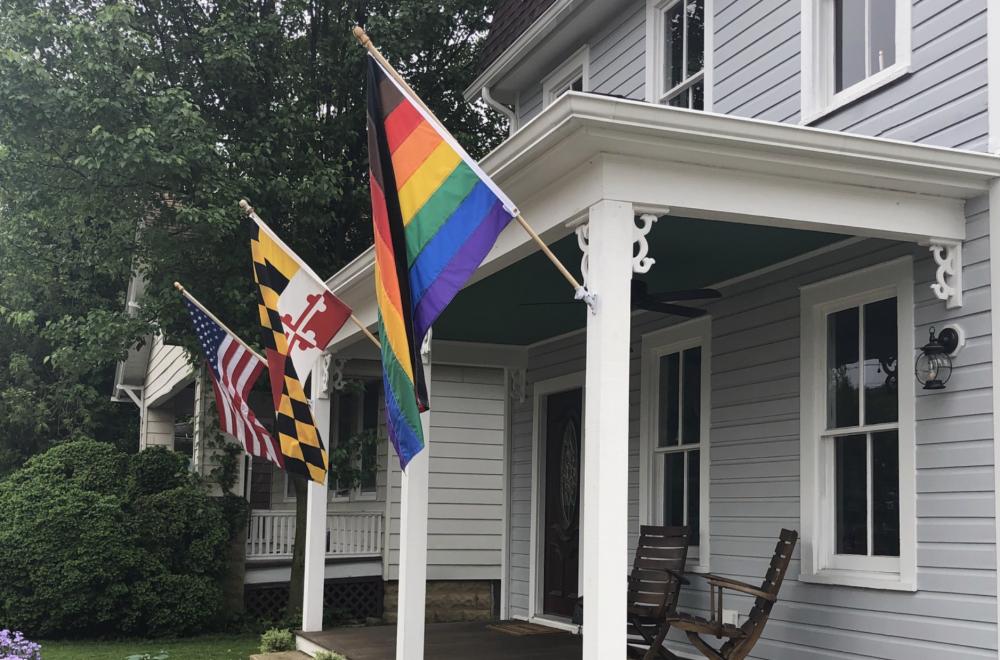This started as a piece about flags, free speech and our community’s ability to rise above the divisive.
Then came the Gilroy Garlic Festival shooting, which likely prompted more than a few safety check texts to West Coast family and friends. Saturday brought news of the shooting of 20 persons and maiming of many more at a Walmart in El Paso, Texas. We woke on Sunday to hear of the early morning shooting of nine persons at a Dayton, Ohio nightspot.
We moved on from flags. We want to remind all of our readers that mass shootings should not fuel stigma about mental illness. And the power to prevent these tragedies starts with family, friends, co-workers and neighbors. See something, say something, and follow up.
This is confirmed in a well-time piece published in the Los Angeles Times by criminologists Jillian Peterson and James Densley of the Violence Project who summarized their conclusions and recommendations having completed an analysis of U.S. mass shooter data since 1966 funded by the National Institute of Justice. Read their entire piece here.
https://www.latimes.com/opinion/story/2019-08-04/el-paso-dayton-gilroy-mass-shooters-data
Peterson and Densley identified common traits among most mass shooters studied: exposed to trauma and violence as a child; experienced an identifiable life crisis leading up to shooting; emulated prior shooters and fed off their notoriety and public fear created; and had the means to carry out the act.
Peterson and Densley noted that most mass shooters have reached a point of having lost everything and are likely suicidal. Sadly, these persons don’t slide so far without missing the notice of someone—a family member, friend, neighbor.
Among their recommendations was the reminder we need to be proactive, not just in time of crisis, but when the trauma is first experienced. These events are a sad reminder that we owe to each other to build trust, demonstrate empathy and keep lines of communications open, particularly in times of crisis. You never know the crisis you may avert or the community you will strengthen.



Matthew Daley says
I have no quarrel with the points made in the editorial, Indeed, I applaud it. One aspect of the problem which is not addressed involves the need to revisit the balance of obligations that mental health providers have between a patient and society at large. This is shown clearly in the case of James Holmes, the 2012 Aurora, Colorado shooter. One psychiatrist at the University of Colorado decided against placing Holmes on an involuntary mental hold, but decided against it lest such a step “inflame” him. Another, Dr. Lynne Fenton notified campus police of her concern, but did not notify county, state or federal authorities. This is a complicated issue, but it is hard to conclude that the Colorado University mental health authorities serve the broader community well and even harder to argue this question needs to be part of the broader dialogue as we address how best to aspiring mass murders in the future.